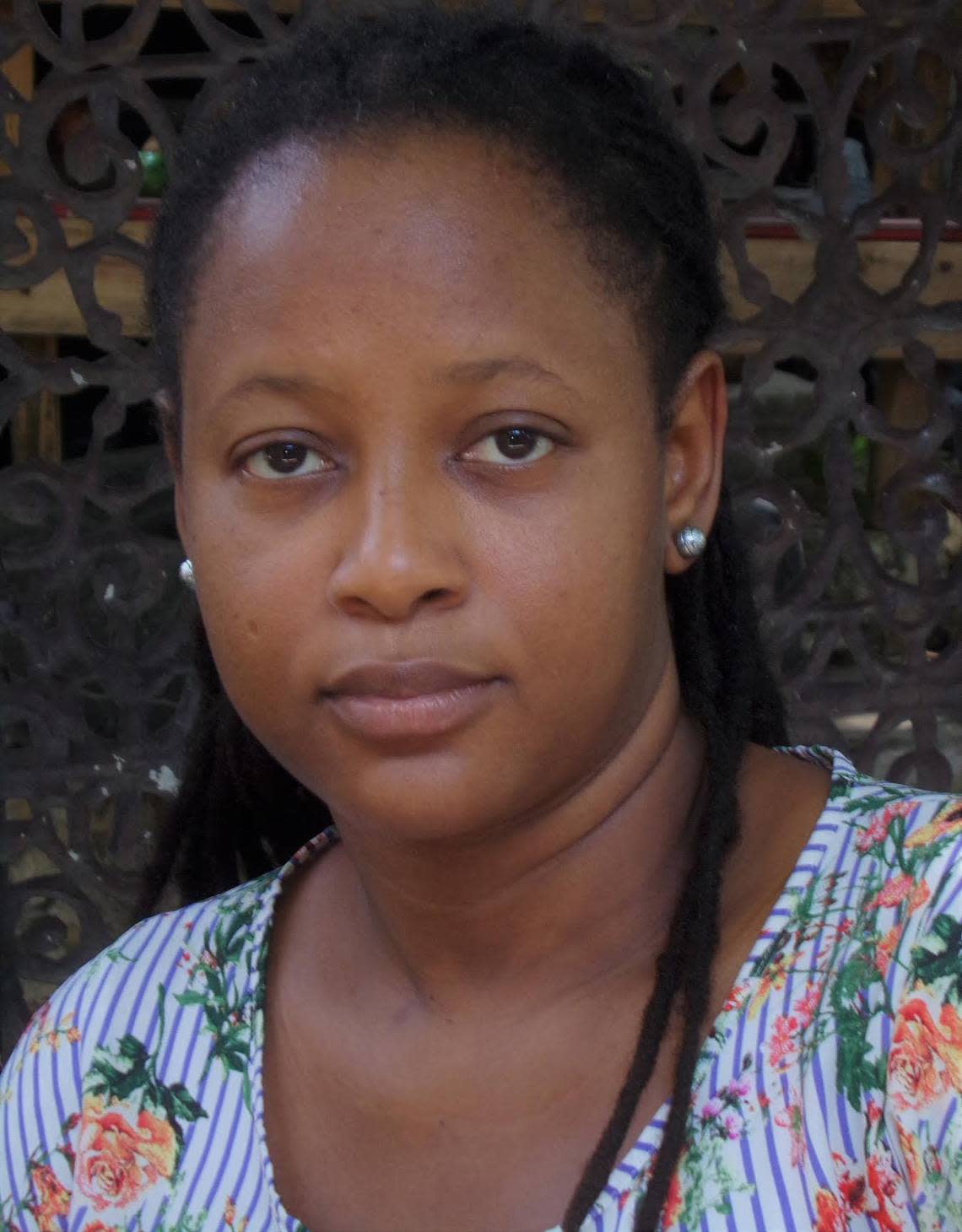Haiti’s gang-fueled chaos targets women for sexual violence, domestic abuse | Guest Opinion
“Can you see me?” her rapist asked, the light from his cell phone illuminating his face. “Woe to you if you complain. You will be killed.”
Roseline, (whose name has been changed to protect her privacy), heard those frightful words from her attacker. The 18-year-old was brutally raped by an armed assailant who threatened to kill her if she went to the police.
Her story is not unique, unfortunately. Since 2018, Haiti’s increasing instability has significantly affected women, particularly from the working class. In a nation ravaged by a massive earthquake, political corruption and gang violence, the stories of women and girls often disappear into a vacuum of trauma and suffering — but they need to be told.
Sexual violence with impunity reigns across Haiti. Gangs have divided the country into territories, enforcing violent “tolls” against people crossing these zones. Buses are routinely pulled over, and women are taken to be gang raped. Women and girls suffer the indignity of weaponized sexual violation in a society where abuse has become more common than a healthy meal.
Roseline considered taking her own life. Thankfully, she came to a Douvanjou center created by Solidarite Fanm Ayisyèn (SOFA), which helps survivors of violence. The center provided her counseling and other services, and referred her to receive post-exposure prophylaxis, an anti-HIV medication.
But her story does not end there.
Walking home that evening, her rapist assailed her again. Fortunately, she escaped, but was forced to leave her home for fear that these attacks would continue.
With the country shut down and more people at home, domestic-violence incidents have ballooned. Schools are closed, and young girls are forced to remain home, often being sexually assaulted by family members and others.
Access to contraception is limited, leading to unwanted pregnancies. Services for pregnant women and postpartum care are almost non-existent. The wealthy fly to the Dominican Republic for healthcare, but most women are trapped in a war zone.
Their stories are graphic and upsetting, but they are vital in telling the narrative of violence and tragedy permeating Port-au-Prince and its communities. They form the underpinnings for a strong argument that Haiti’s current government is not only ineffective but also under Prime Minister Ariel Henry — installed by international actors — lethally incompetent. However, the government of Ariel Henry — installed by international actors — continues to enjoy the support and recognition of a global group of ambassadors — including the United States — and representatives from the Organization of American States and the United Nations.
These stories put a face on the women and girls who have been silenced. When we look into those faces, we see despair. But we also see hope and the possibility for systemic change. In October, a coalition, including the Bureau des Avocats Internationaux (BAI) and Komisyon Fanm Viktim pou Viktim (KOFAVIV) filed a complaint with the Inter-American Commission on Human Rights documenting the alarming increase in sexual violence in Haiti and the impunity that, under Henry’s leadership, shields perpetrators from justice.
Haiti needs cooperation and solidarity from the international community, not military intervention and pity. Other nations must know that Haiti is a country of strength and determination and its people are eager to reinstate the rule of law and defend its sovereignty. Any cooperation must respect Haiti’s right to self-determination and should be informed by deliberation with the Haitian feminist movement and civil society groups, not through a corrupt government unrepresentative of the public’s will.
As Haitian feminists, we will continue to mobilize tirelessly in the streets, demanding structural reforms to tackle widespread gender-based violence. We can reduce its prevalence by creating better response mechanisms and bringing perpetrators to justice.
There is a better future for Haitian women and girls.
Sharma Aurélien is a feminist, activist, and leader of Solidarite Fanm Ayisyèn-SOFA, a leading feminist organization working to promote and defend the rights of all women in Haiti.

